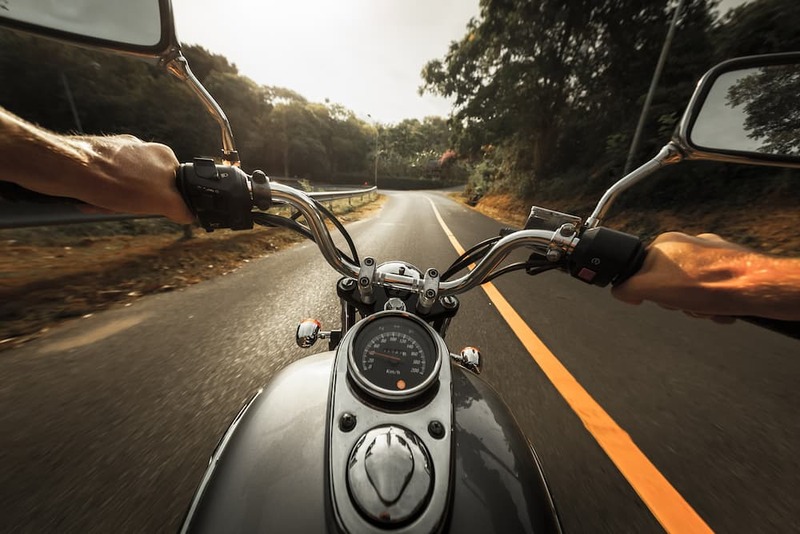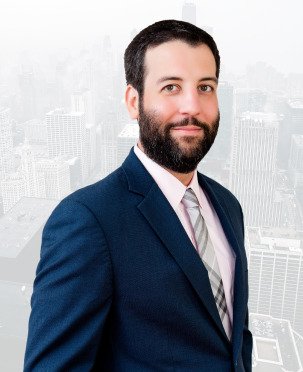
Motorcycle accidents are undoubtedly traumatic events. Knowing what to do after a motorcycle accident in Florida is crucial. Your actions immediately following the accident can impact your health and future personal injury claim. It’s important to remain calm, contact the police, seek medical attention, and speak to a lawyer.
At Nonni Homola, we know it’s difficult to think clearly after an accident. You might receive all sorts of motorcycle accident advice after the fact. Be cautious about what and who you listen to to avoid jeopardizing your claim. If you need assistance following a motorcycle accident in Florida, contact our office to speak with a Florida motorcycle accident lawyer.
For a free consultation, please call (850) 719-7150 or send us an online message today.
What to Do When You Get into a Motorcycle Accident?
Your actions post-accident can significantly impact your recovery process, both physically and financially. Read on to learn more about the steps to take after a Florida motorcycle accident. Let us help you learn how to navigate the aftermath of a motorcycle accident to ensure your safety and protect your legal rights.
Remove Yourself from Danger
The first step is always to ensure your safety after any accident. You should remove yourself from the risk of further danger—even if that means leaving your motorcycle. You must prioritize your personal safety over material objects. Your bike may hold emotional value, but your immediate priority should be to distance yourself from ongoing traffic to avoid secondary collisions.
Staying near or trying to move your damaged motorcycle might not only jeopardize your safety but could also compromise critical evidence for the investigation. Remember, your bike can be replaced, but your life and health are irreplaceable.
Keep Your Gear On
Though it may seem counterintuitive, keep your protective gear on, especially your helmet. Adrenaline can mask the severity of injuries sustained during the crash. Removing your safety gear could worsen any underlying injuries, particularly those involving the head, neck, or spine. If you suspect severe injuries, limit your movement until professional medical assistance arrives.
Contact Emergency Services
Once safe, call 911 or ask a bystander to do so. When accidents occur, bystanders can experience shock and become immobilized, a phenomenon known as the “bystander effect.” Overcome this by making direct, specific requests for assistance. Don’t assume the people standing around called 911. Some people might think someone else has already called.
Technological advancements have recently introduced mobile apps and devices that automatically notify emergency contacts or services after an accident, providing crucial details like GPS location and personal medical information.
Perform a Self-Assessment
Following an accident, your body might go into shock. Symptoms can include rapid breathing, dizziness, confusion, and emotional distress. Try to stay calm, keep aware of these potential symptoms, and prepare to inform the arriving medical personnel of your condition. An accurate account of how you feel can significantly assist medical professionals in determining the extent of your injuries. Don’t downplay or exaggerate; just be honest about how you feel and where the pain is.
Gather Evidence for Legal and Insurance Purposes
Once your health is no longer in immediate danger, begin collecting evidence from the accident scene. Photos and videos of the scene, including your motorcycle, other vehicles involved, debris/skid marks, and relevant road conditions, can be crucial for insurance claims and potential legal proceedings.
Cooperate with Law Enforcement
Expect to provide a statement to the police about the accident. Be honest, but be cautious not to admit fault. There’s often more to an accident than meets the eye, and watching what you say is essential. Even something as simple as “I’m sorry” could be considered admitting fault.
Get Medical Attention Right Away
If you don’t require transportation to the hospital from the accident scene, you should still see a doctor immediately. It’s essential to get checked out and ensure you don’t have any severe injuries, especially internal ones. Some soft tissue injuries might take a couple of days to develop fully. Don’t assume everything is fine at the accident scene because there’s no immediate pain. Your body might be in shock following the accident, so you aren’t noticing the pain yet.
Waiting to seek medical treatment can be used against you too. The insurance company for the other party’s insurance company might allege your injuries aren’t severe or something else is the cause of your pain, not this accident.
Contact a Florida Motorcycle Accident Lawyer
If you have questions about what to do after a motorcycle accident in Florida, consider seeking legal assistance. A competent personal injury lawyer can help you navigate the complex aspects of your claim and can protect your rights. Our skilled legal team has decades of experience assisting injured Florida victims, including motorcycle injuries. We can help you pursue a claim for damages following a motorcycle accident in Florida. Contact our office today to learn more about how we can assist you.

